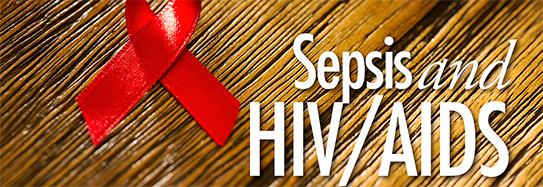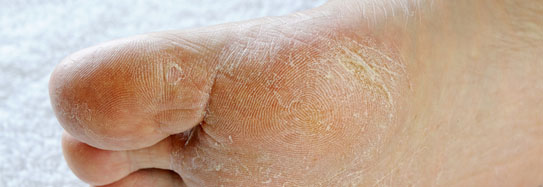Injecting bacteria from used or dirty needles or failing to clean the skin before an injection can cause several types of infections.
Cellulitis
The most common infection that affects people who inject drugs is cellulitis. Cellulitis is a type of infection that affects the skin and the tissue underneath. Cellulitis causes redness and pain to advance up the affected limb. Group A streptococcal bacteria causes most cases of cellulitis in the general population. However, people who inject IV drugs are also at risk of cellulitis from other bacteria and even fungi.
Necrotizing Fasciitis
Necrotizing fasciitis, the so-called “flesh-eating disease,” is a rare but serious infection that can affect people who inject IV drugs.
Endocarditis
Endocarditis is an inflammation of your heart’s inner lining or valves. Bacteria, fungi, or other germs in your bloodstream can cause the infection. It can develop quickly (called acute endocarditis) or more slowly (called infective endocarditis). The infection can damage your heart and cause serious and sometimes fatal complications.
If you or a loved one has recently used an IV drug and is showing signs of sepsis, it’s important to get medical help right away and to tell the doctor about the injections. This can save valuable time in diagnosing and treating sepsis.






































